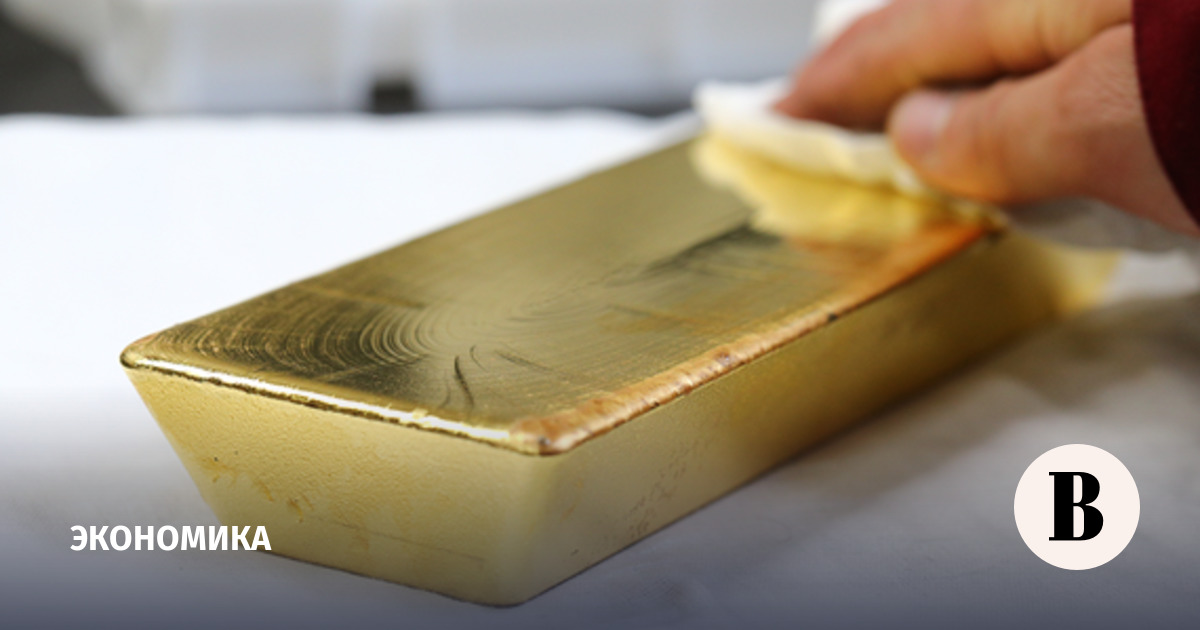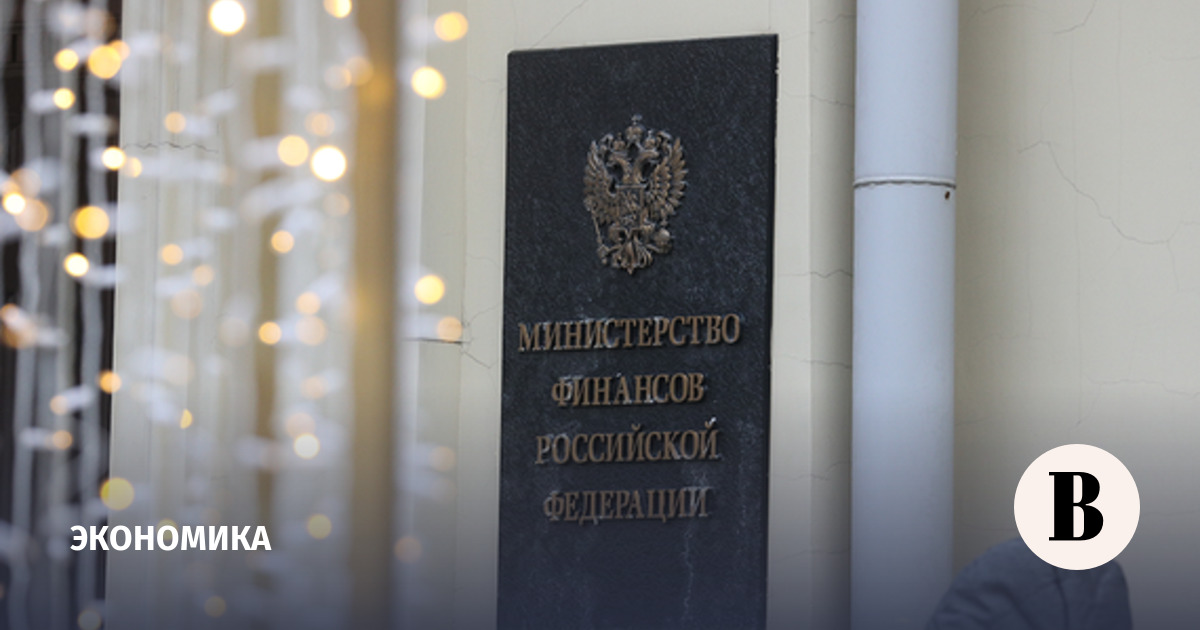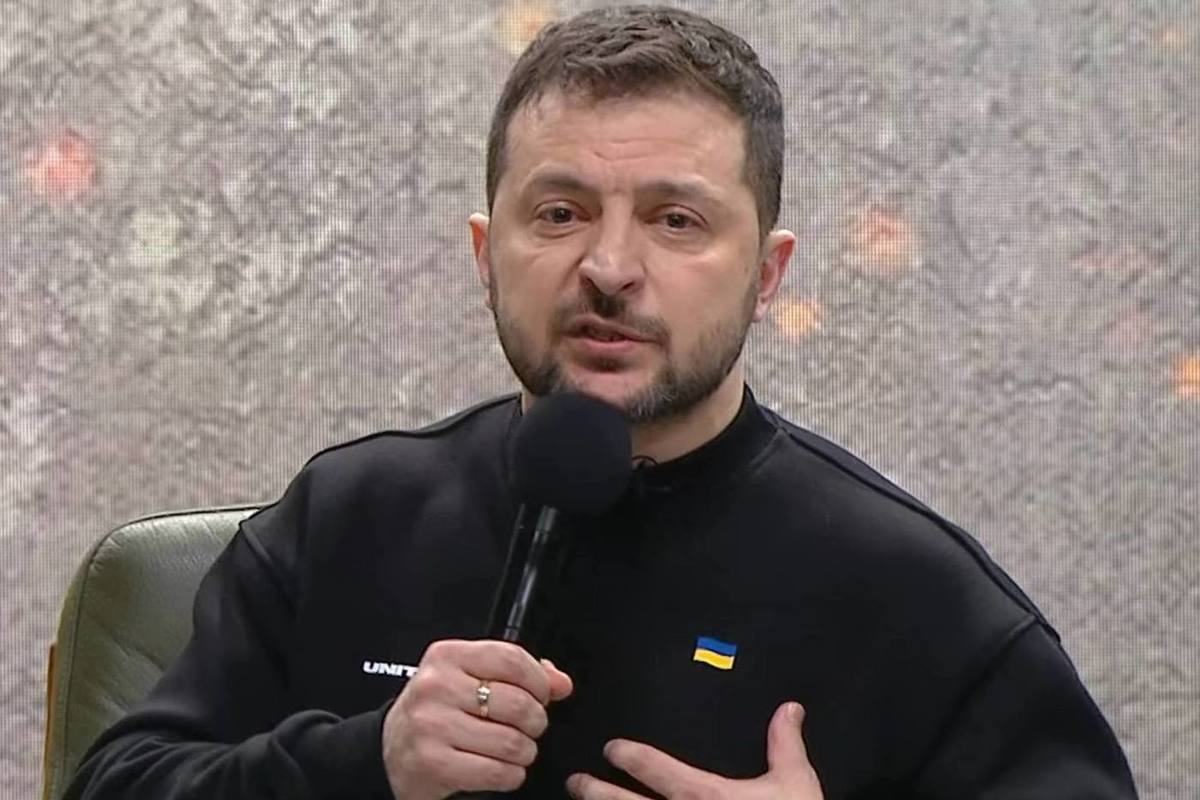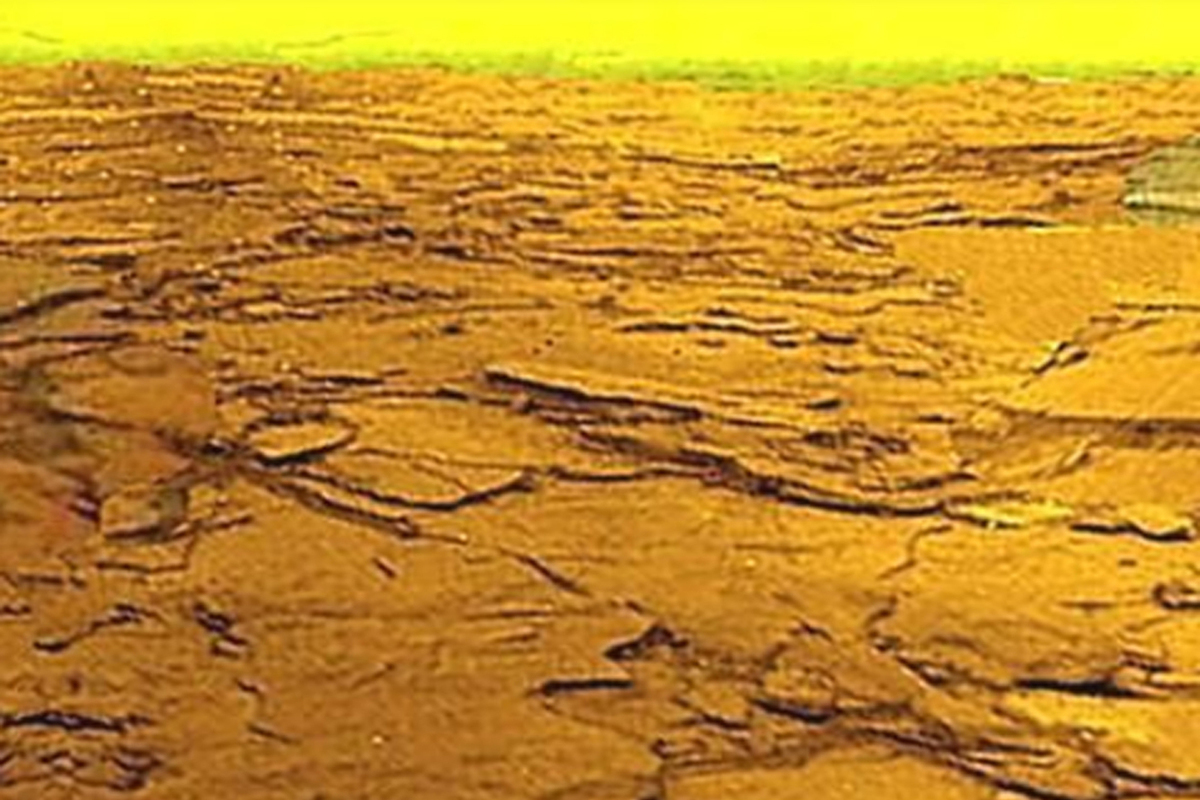The State Duma approved the "most difficult" budget for 2023-2025
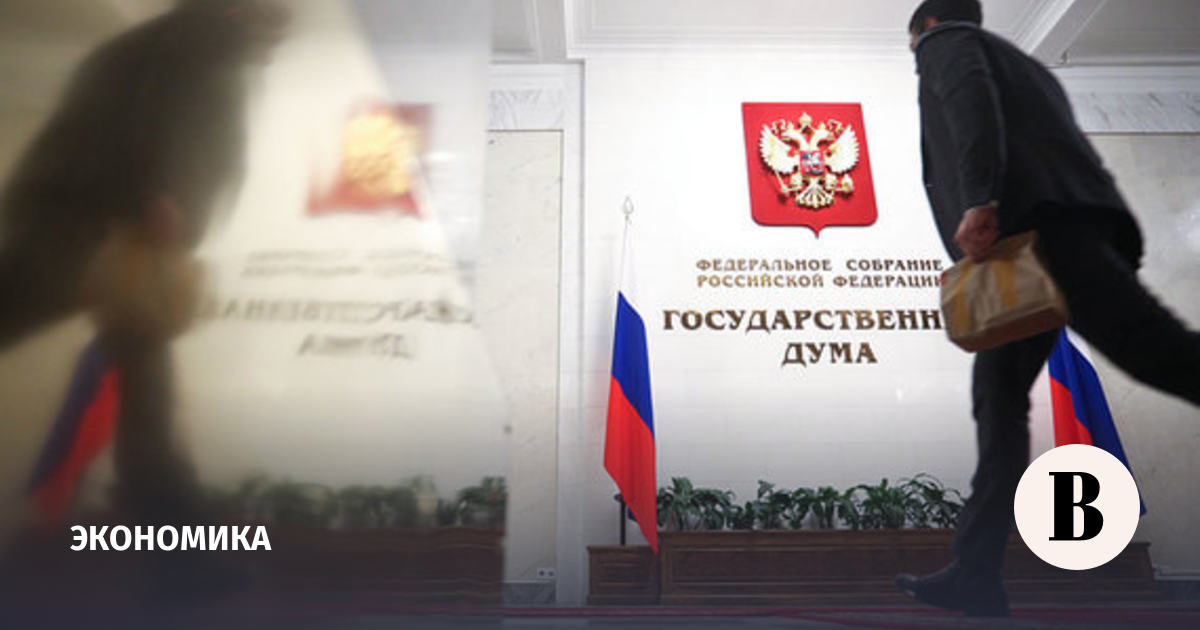
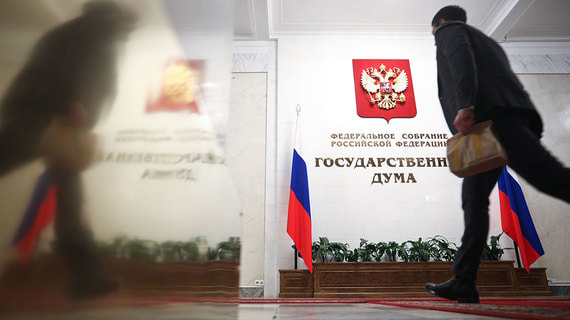
The State Duma on Thursday, November 24, approved in the third, final reading the law on the federal budget for 2023 and the planning period of 2024 and 2025. The first reading of the document took place on October 26, the second on November 22. Now the law on the new three-year budget will be sent to the Federation Council for consideration, and then for the President's signature. Finance Minister Anton Siluanov called this budget the most difficult in his career. Deputy Andrey Makarov, during the consideration of the document in the committee headed by him - on the budget and taxes - expressed a similar point of view.
“This budget is the most difficult in recent years: sanctions, the development of the world economy are almost impossible to predict. The task in preparing the budget in such conditions is to provide for its flexibility and at the same time reliability, ”Vyacheslav Volodin, Chairman of the State Duma, pointed out.
According to Makarov, by the second reading of the budget, the committee received 750 amendments, and the total amount of redistributed funds amounted to about 2 trillion rubles. As Vedomosti previously wrote, United Russia prepared amendments for the second reading for a total of 58.9 billion rubles, they related to spending on the national economy, social policy, education, culture, and interbudgetary transfers. Deputies from other parties proposed amendments totaling about 1.5 trillion rubles. The government prepared a total of 577 amendments, 520 of which provided for the redistribution of 750 billion rubles. in 2023, 650 billion in 2024, 500 billion in 2025
According to the document, budget expenditures in 2023 are expected in the amount of 29 trillion rubles, in 2024 - 29.4 trillion rubles, in 2025 - 29.2 trillion rubles. Revenues in 2023 should amount to 26.1 trillion rubles. (of which 8.9 trillion are oil and gas), in 2024 - 27.2 trillion rubles. (8.7 trillion), in 2025 - about 28 trillion rubles. (8.5 trillion). At the same time, the basic oil and gas revenues for the next three years are set at the level of 8 trillion rubles, thus, additional revenues from oil and gas in the amount of 939 billion rubles are expected. in 2023, 656.3 billion rubles. - in 2024 and 488.5 billion rubles. – in 2025
The budget deficit over the next three years will gradually decrease: in 2023 - 2.9 trillion rubles, 2% of GDP, in 2024 - 2.2 trillion rubles, 1.4% of GDP, in 2025 - 1 .3 trillion rubles, 0.7% of GDP. The main sources of its coverage should be state borrowings. At the same time, in 2023-2024. to ensure a balanced budget, it is possible to use the resources of the National Wealth Fund (NWF) in the amount of 2.9 trillion and 1.3 trillion rubles. respectively. The volume of the fund at the end of 2022 is expected to be at the level of 8.99 trillion rubles. (6.2% of GDP), in 2023 - 6.3 trillion (4.2%), in 2024 - 5.95 trillion (3.7%), in 2025 - 6.6 trillion ( 3.9%).
The macroeconomic prerequisites included in the three-year budget are moderately optimistic, says Dmitry Kulikov, director of ACRA's sovereign and regional ratings group. Therefore, in the process of execution, it is more likely to revise the plan in terms of income and balance down, and in terms of expenses - to a lesser extent, but upwards, the expert noted. Higher-than-planned revenues may come with faster recovery of the Russian economy after the 2022 downturn, higher prices for oil and other raw materials, maintaining current or higher volumes of Russian exports (for example, as a result of easing Western sanctions or quickly finding ways around them) , a weaker ruble exchange rate than budgeted, the chief analyst believes Sovcombank Mikhail Vasiliev. With a relatively favorable development of the economic situation, additional budget revenues can be used to reduce the budget deficit, and in the case of a less favorable one, for investments and support for systemically important industries (construction, development of domestic industry, import substitution), he expects.

